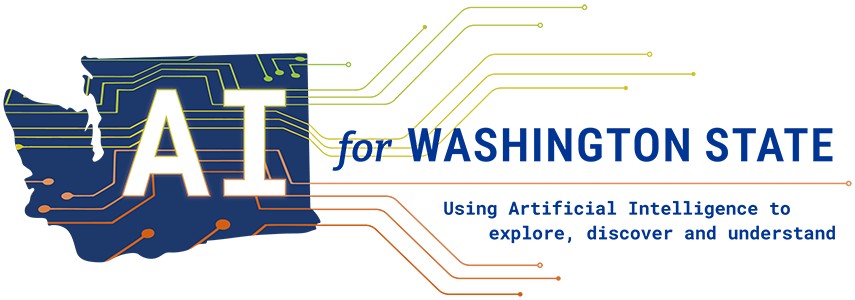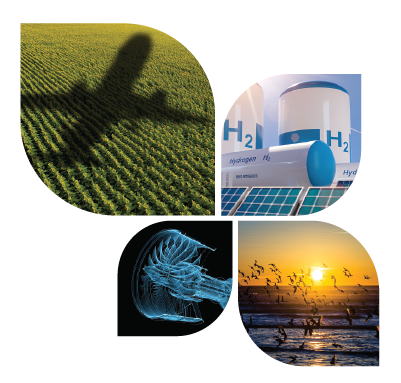Publication
Climate Change in Washington State: Research Questions Critical to Preparing for the Future
Preface
Climate change is one of the most important issues facing Washington State. It is altering the state’s weather, climate, and shorelines. It is affecting agriculture, terrestrial and marine ecosystems, and human health. While many uncertainties remain, the prospect of major changes in weather, climate, oceanic acidity, and sea level is sufficiently clear that the state can and must prepare for the possibility of a drastically altered future.
Given its importance to our state, the Washington State Academy of Sciences decided to make climate change the focus of its 10th Annual Meeting and Symposium, which was held at the Museum of Flight in Seattle on September 14, 2017. This was the first time that the Academy opened its annual meeting and symposium to non-members, and it marked a new era in the organization’s history. The objectives of the symposium were to:
- Provide background on the current state of knowledge of climate change effects on the state, and provide insight to the salient uncertainties.
- Pinpoint where the Academy can provide assistance in a timely way to the Governor and policy makers in the state.
- Disseminate a written summary and the presentations.
- Develop next steps for the Academy
To accomplish these objectives, the eleven speakers, all leading experts regionally and nationally, focused on three topical areas: how climate has changed in the past in the Pacific Northwest and predictions of how it will change in the future (Chapter 1), the possible consequences of future climate change in Washington State (Chapter 2), and how the state can adapt to ongoing changes and prepare for future changes (Chapter 3). In addition, speakers were asked to reflect on what the Academy can do to help the state made decisions regarding climate change and its effects (Chapter 4).
I sincerely thank several people who were instrumental in the success of the annual meeting. The Academy’s new executive director, Donna Gerardi Riordan, and its new program coordinator, Devon Emily Thorsell, organized and carried out the meeting flawlessly. Cliff Mass and Amy Snover of the University of Washington and Lynn Helbrecht from the Washington Department of Fish and Wildlife provided invaluable assistance in organizing the agenda. Seattle writer Steve Olson wrote the summary of the meeting. The Museum of Flight was a gracious and accommodating host.
Washington State has been a leader among the states in understanding and preparing for climate change, and the 10th Annual Meeting and Symposium of the Washington State Academy of Sciences brought together many of the people who have been at the forefront of this effort. The resulting evidencebased overview of climate change clearly illustrated the strong influence and potential and present impacts on ecosystems, energy, humans, and the economy in Washington state. The meeting served as a valuable reminder of the progress that has been made and the major challenges that lie before us; it also provided us with steps that can be taken to deal with these challenges.


